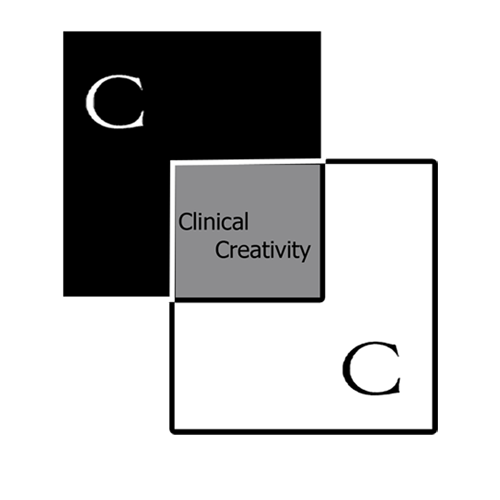There is a recent British Journal of General Practice edition which focuses on the use of health technology to digitise Primary Care.
The edition opens with an editorial which focuses on the challenges of modernising general practice. There are a couple of papers looking at the results of a study in primary care of patients and clinicians thoughts about using video and telephone consultations, followed by an analysis of the content of video and face-to-face consultations.
My problem with this edition is that it is effectively trying to understand whether traditional general practice, based on booked appointments and face-to-face consultations and decades of experience, can pick up the new ways of working to transform into a 21st century process.
Needless to say one of the big drawbacks pointed out is that not everybody has access to the technology which is required for the new models of working.
This is of course the case with any new technology whether it is electric cars or video streaming services, without the infrastructure access is impossible.
However, choosing to avoid the temporary inequity involved in disruptive technology attaches the provider to a population which will become obsolete in time. We saw this occur rapidly with video tapes and video streaming services, we see it slowly with banking services. The transition from cash to cashless is following the growth of digital hand held technology and moves at a generational pace.
The problem when it comes to technology is that very few incumbents can adopt the nee ways of working at scale and pace, for them it will always be an add on.
It's the new entrants who are digital by default who embrace the technology and create the new models of working.
Perhaps there's an argument that the best way to digitise General Practice is by starting primary care again with a blank sheet?
